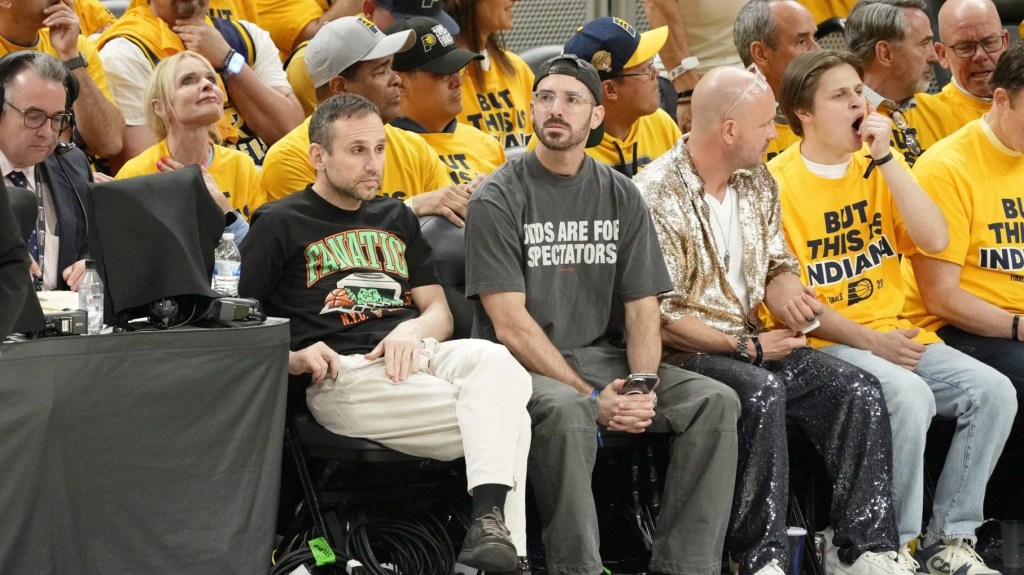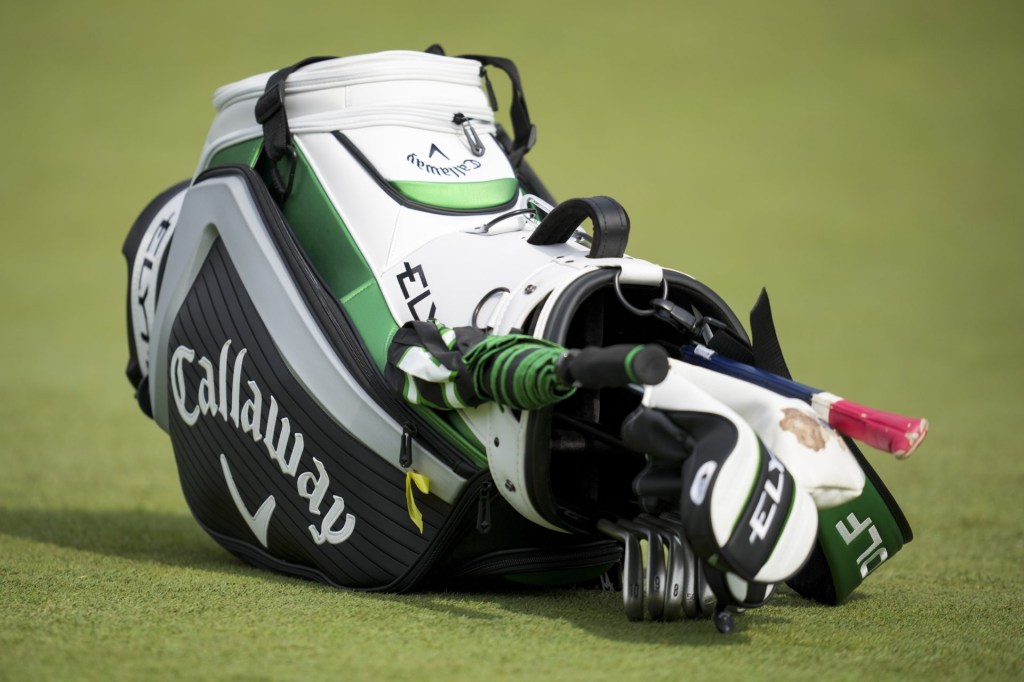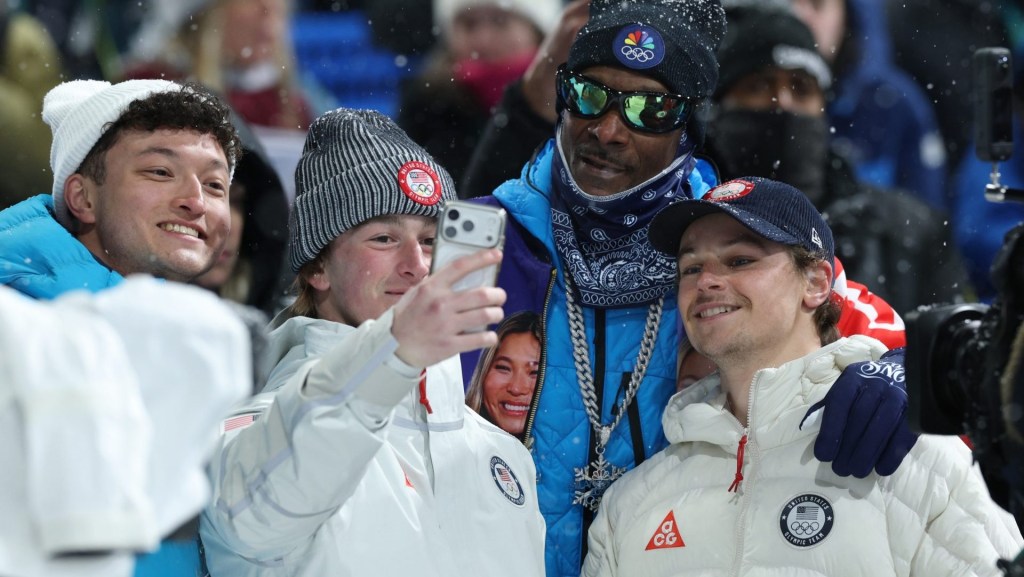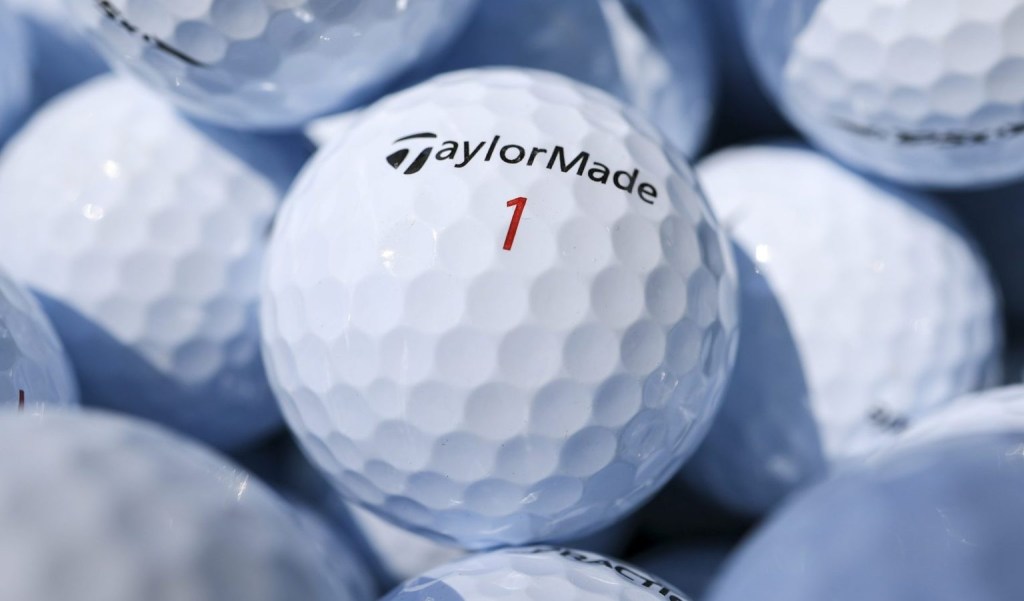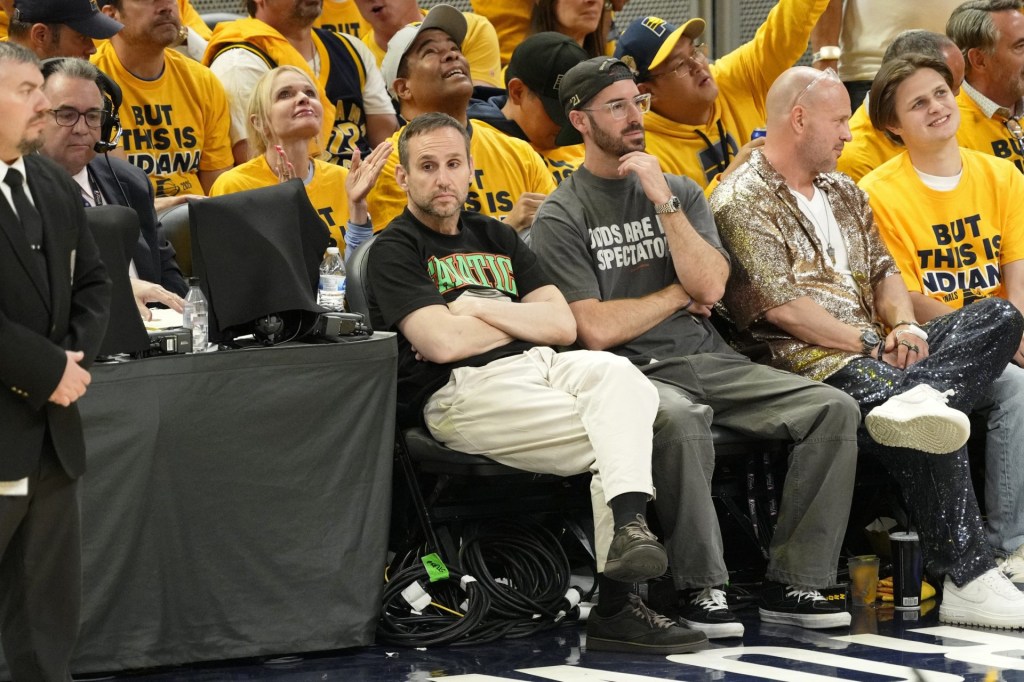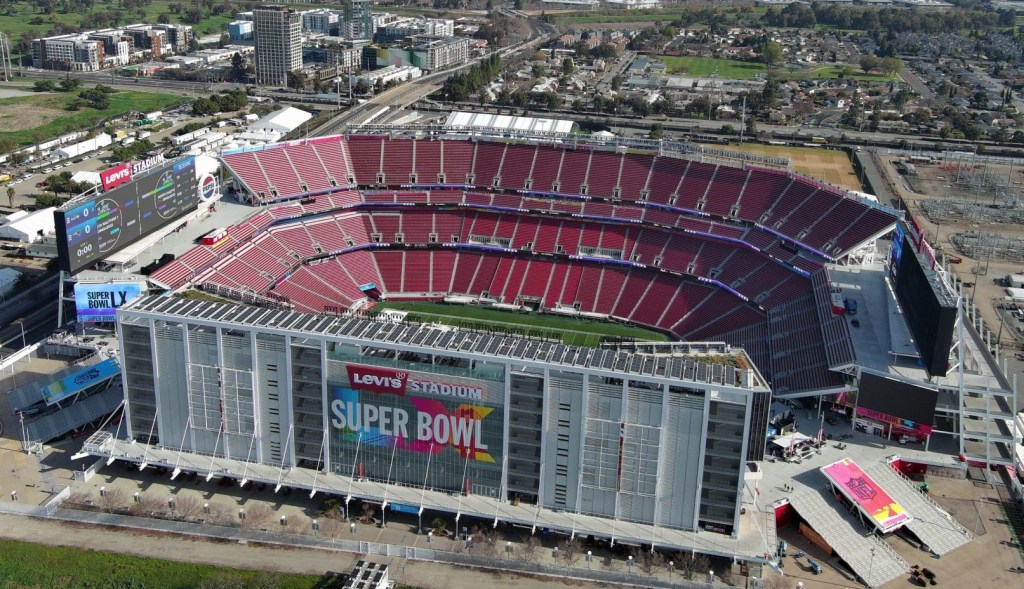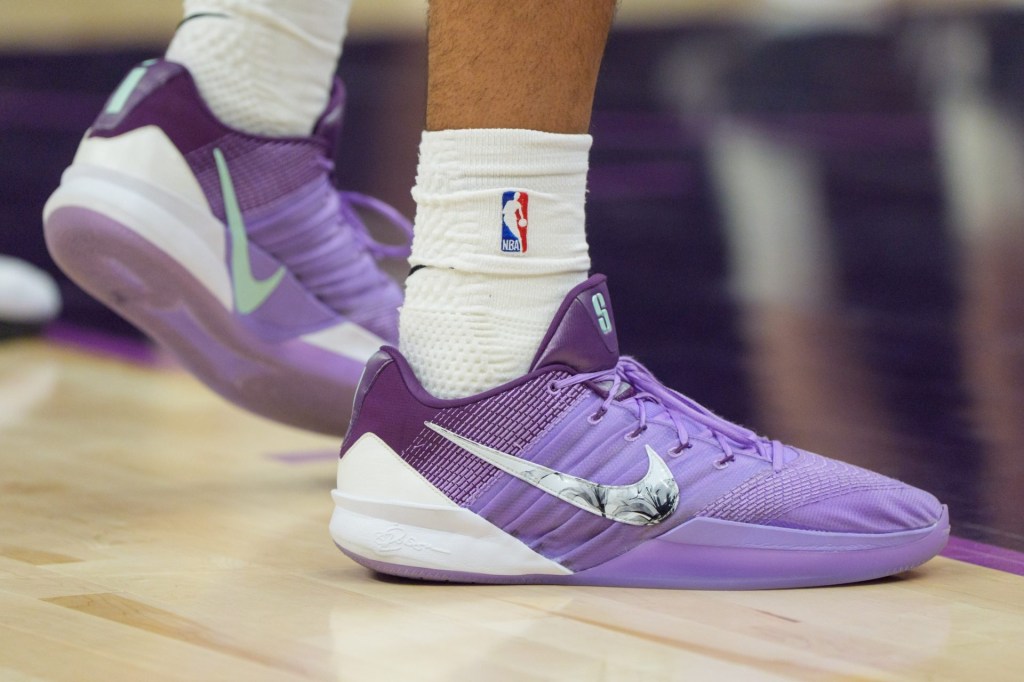President Donald Trump announced on his Truth Social account that he will place a 90-day pause on some tariffs, walking back his announcement last week.
Stocks soared because of the news.
Trump said he’s raising the tariff for Chinese imports to 125% “based on the lack of respect that China has shown to the World’s Markets.” He also said because “more than 75 countries” have engaged in some measure of negotiation with the U.S.—and because they have not responded to U.S. tariffs with retaliatory tariffs of their own—he’s authorizing a 90-day pause, and a “substantially lowered Reciprocal Tariff during this period, of 10%, also effective immediately.”
The higher tariffs on China came after Beijing announced new tariffs on the U.S. to take effect Thursday.
On April 2, Trump said he would impose tariffs on other countries the U.S. has steep trade imbalances with, including a 20% tariff on the European Union, 36% on Thailand, and 24% on Japan. News reports emerged over the past week about a handful of leaders of various countries trying to work with the administration to mitigate some of the tariff hit.
Vietnamese leader To Lam spoke with Trump, offering to get rid of tariffs on American goods in exchange for easing the 46% tariff Trump planned to impose on it. Following Trump’s first-term tariffs, which predominantly targeted China, Vietnam has largely replaced China as the main sourcing country for athletic footwear imports—which is why shares of so many retailers, including Nike, Adidas, and Lululemon saw their shares pummeled last week.
The S&P 500 index closed Wednesday more than 9% higher, the Nasdaq surged 12%, and the Dow Jones Industrial Average closed nearly 8% higher.
Nike ended the day more than 11% higher, Adidas climbed more than 12%, Under Armour soared 14%, Lululemon increased nearly 11%, and On Holdings—which produces almost all of its sneakers in Vietnam—surged more than 15%. Amer Sports, which owns brands including Wilson, Louisville Slugger, and Salomon, closed 15% higher.
At a White House visit for auto racing champions, Trump was asked whether he’d consider exempting certain companies that would be particularly hard hit by tariffs. “There are some by the nature of the company, they get hit a little bit harder, and we’ll take a look at that,” he responded.
Carsten Brzeski, global head of macro for ING Research, wrote in a note Wednesday that any celebration was premature before deals with Europe and China—the U.S.’s most important trading partners after Canada and Mexico—were negotiated.
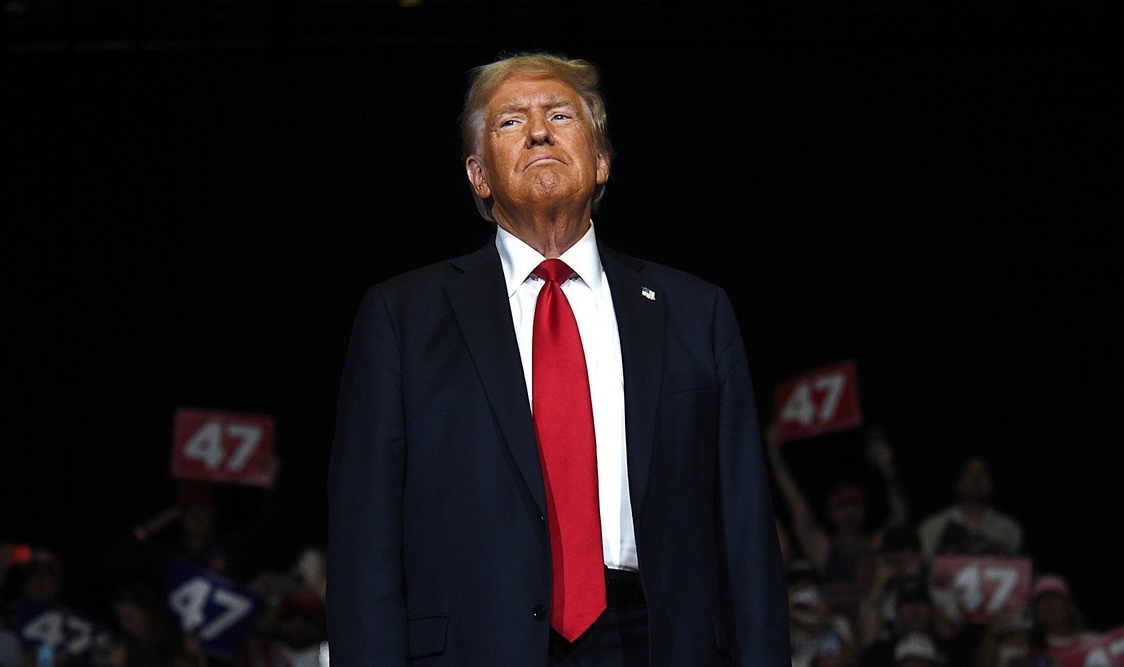

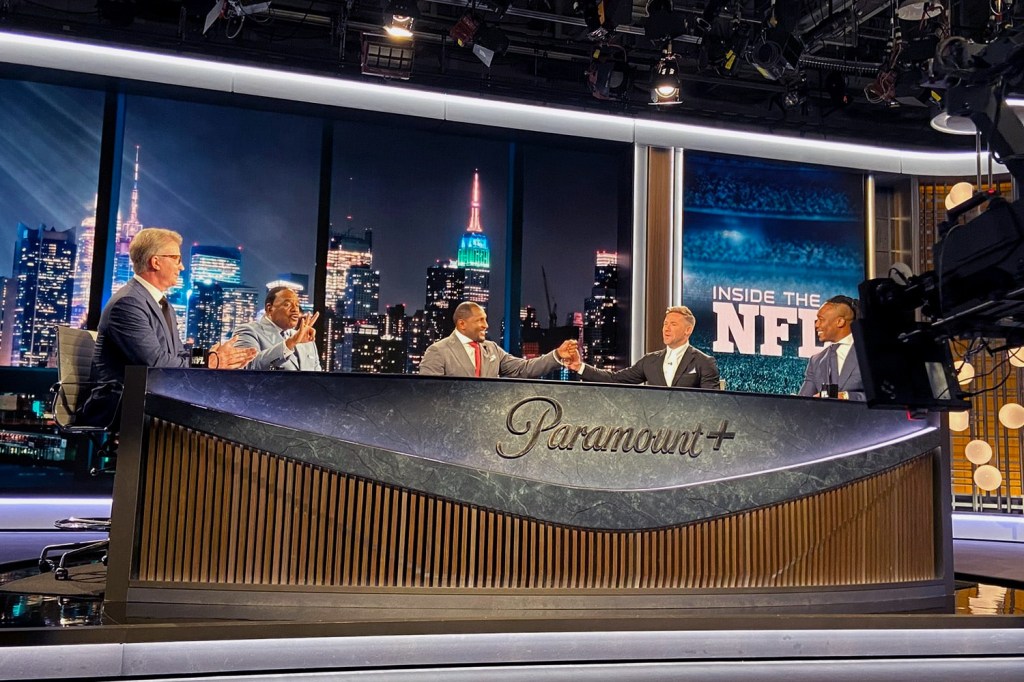

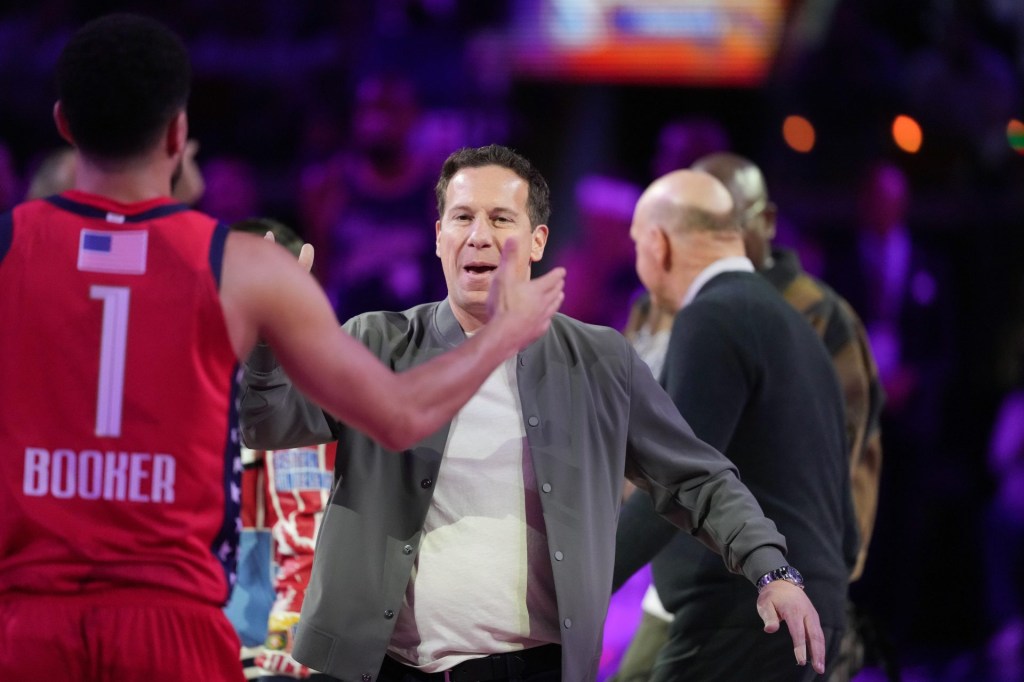
![[Subscription Customers Only] Jul 13, 2025; East Rutherford, New Jersey, USA; Chelsea FC midfielder Cole Palmer (10) celebrates winning the final of the 2025 FIFA Club World Cup at MetLife Stadium](https://frontofficesports.com/wp-content/uploads/2026/02/USATSI_26636703-scaled-e1770932227605.jpg?quality=100&w=1024)



